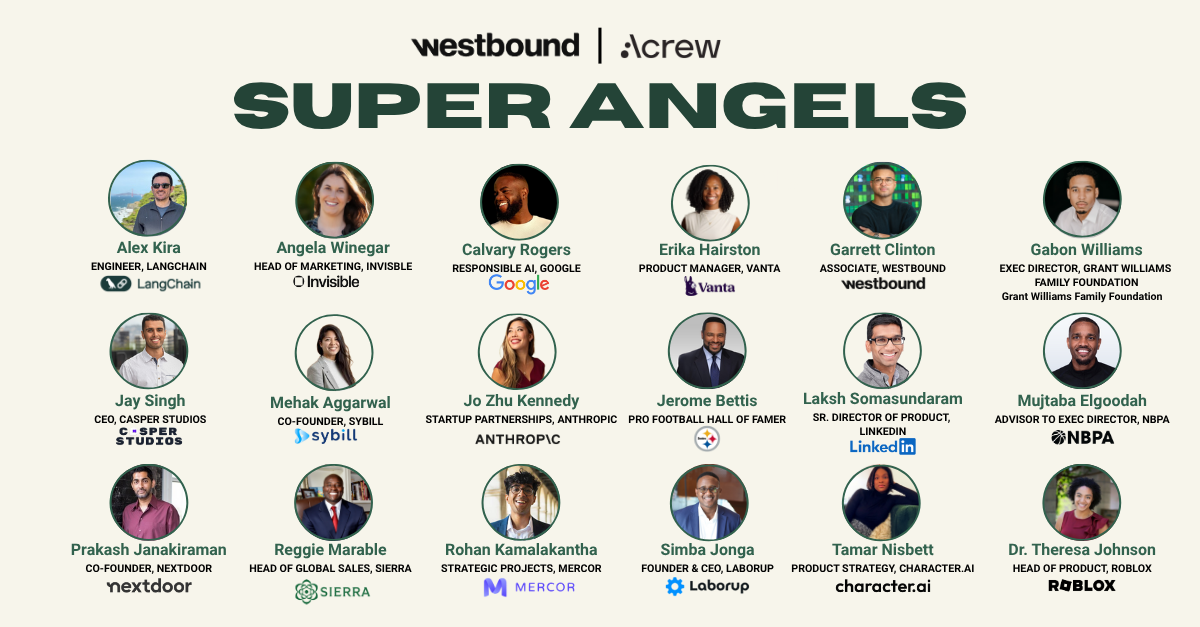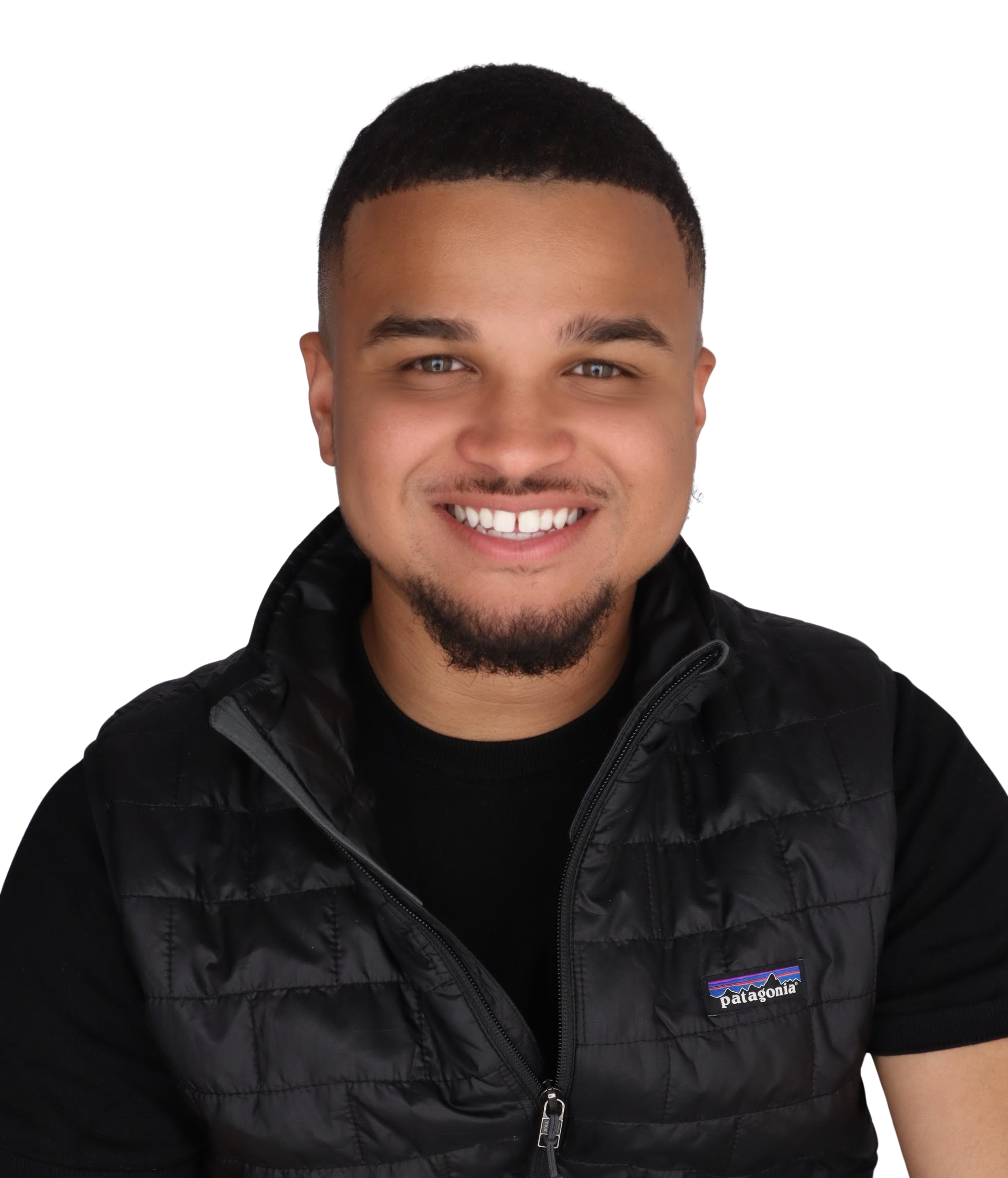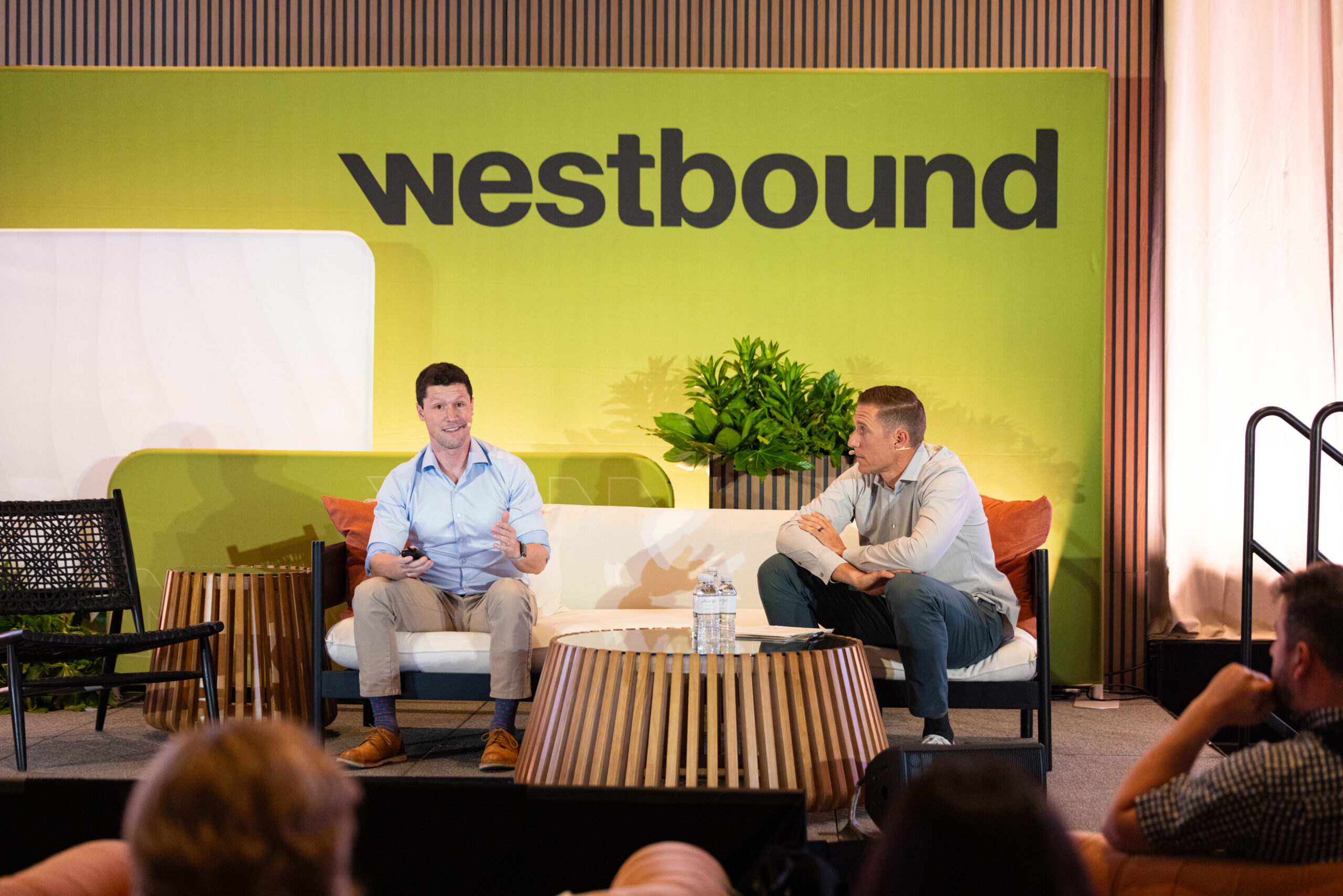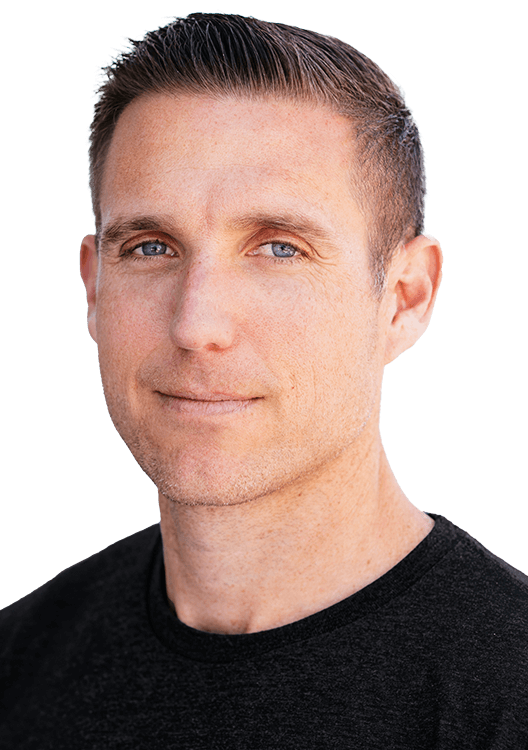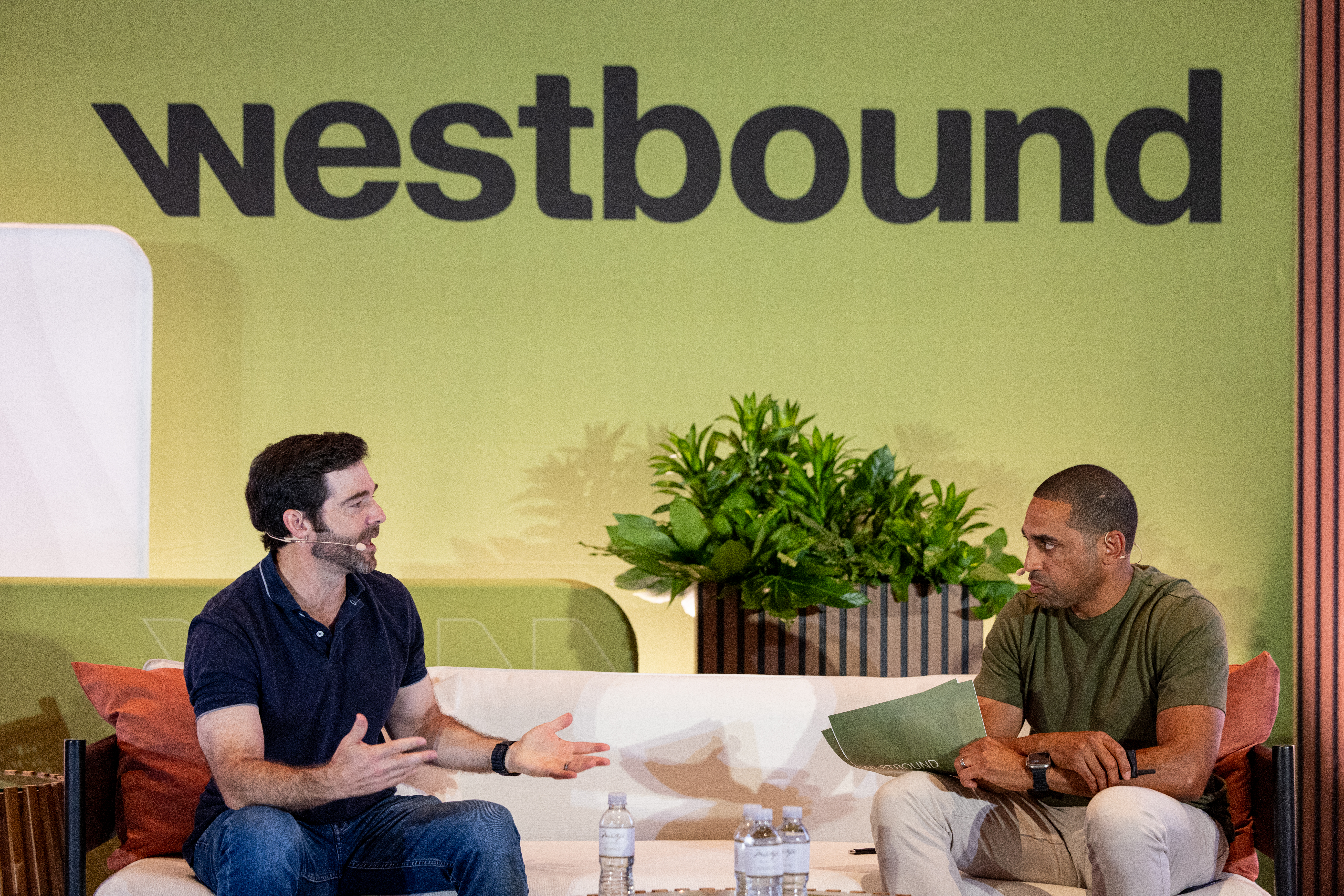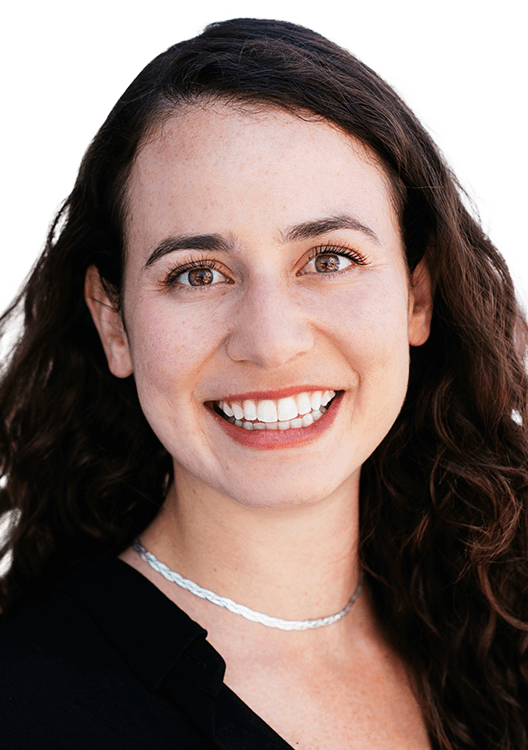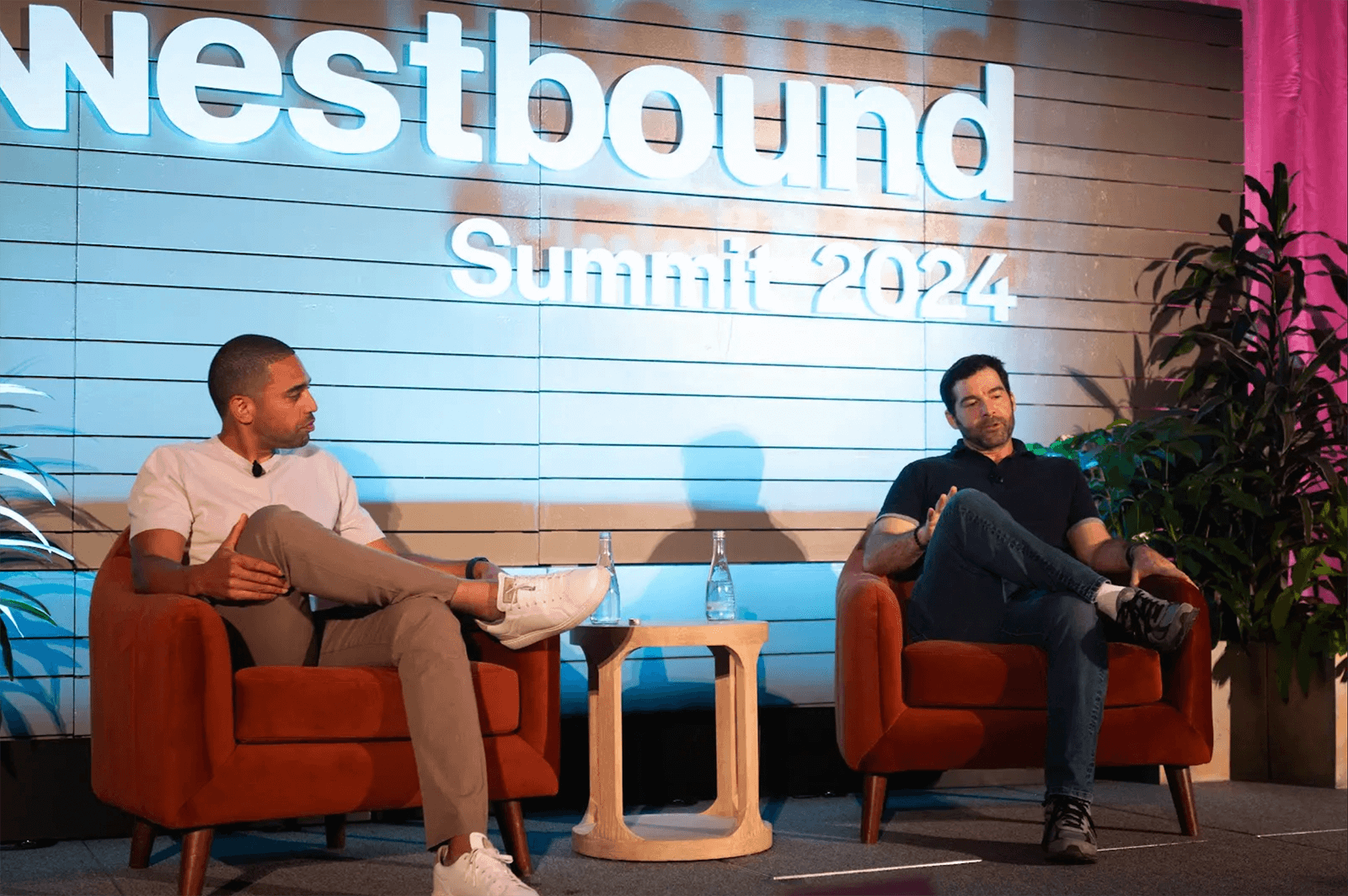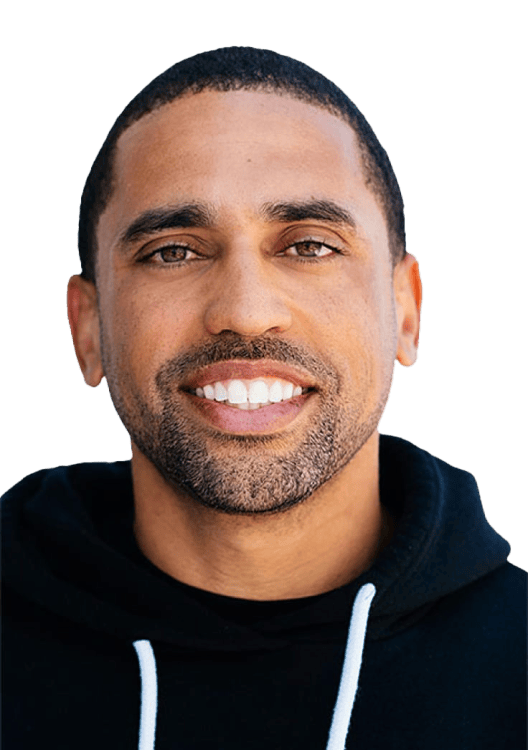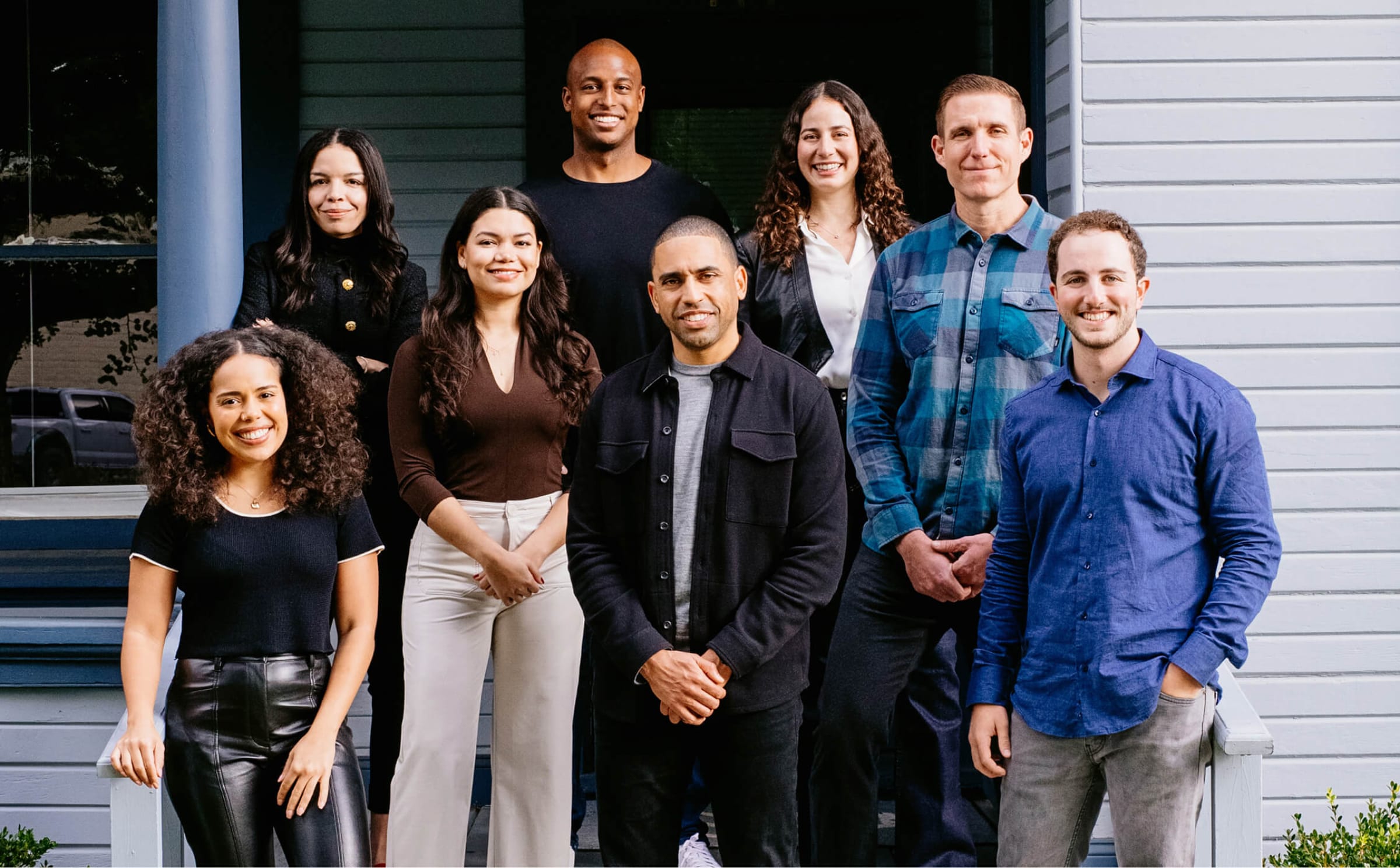All while answering Darren Walker’s call to “implicate” ourselves in our social justice commitment.
Imagine you’re a world-class climber taking on Mount Everest. You have the skill, grit, and strength to scale the 29,000-foot mountain, but you’re also determined to haul five promising young athletes to the summit with you.
For too many founders I’ve worked with — particularly those who are Black or Latina/o — this is what building their companies feels like.
“Lifting as we climb” is a well-known refrain for a lot of racially underrepresented high achievers. So many harbor a sincere and deep sense of responsibility to elevate their communities, even as they pursue their own success. The issue? Both company leadership and effective social impact work require time, expertise, resources, and focus. Divided attention from founders can be a death blow to a young company’s chances of success. It can also shortchange well-intended racial equity efforts.
Our mission at Westbound is to build a virtuous cycle of wealth creation and opportunity for and with underrepresented people of color. We stood up the Westbound Community Foundation alongside the fund and committed 50% of our carry to support the Foundation’s core work: funding and scaling organizations that create opportunity for underrepresented talent. Since carry doesn’t come for several years, we partnered with Sixth Street, Next Play Ventures, and other Westbound LPs to capitalize the Foundation so we could start this work on day one.
Ford Foundation President Darren Walker captured our thinking in his interview on a recent episode of 60 Minutes. “I am a capitalist,” he told Leslie Stahl. “[But] I want to challenge capitalism to do what you are supposed to do, which is provide opportunity.”
So do we, by way of providing opportunity to the people that are so powerfully served by our Foundation’s grantees. But what we didn’t anticipate was just how much our significant and ongoing commitment to the Foundation would also unlock our founders’ ability to fully immerse themselves within their zones of genius as they build their companies. The Foundation gives them peace of mind that they are driving social impact and racial equity directly through the value they create as entrepreneurs.
It’s a #VirtuousCycle: when they win, the communities they care about also win, as resources flow to organizations like Harlem Children’s Zone, HBCUvc, NextChapter, and YearUp. For people as committed to justice and equality as our founders are, this is a primary reason for partnering with us.
We’re excited that more venture firms are looking to do their part to power this virtuous cycle. We’re still building and have a lot of learning ahead, but I want to offer three of my early observations about why the Foundation is already such a powerful engine of motivation for our community, and how Westbound is responding to Darren Walker’s call for radically accountable philanthropy — and capitalism. Here’s what we’ve learned so far:
1. Our commitment is credible to founders because it’s authentic and bold.
Too many companies’ social justice and racial equity investments don’t nearly match the scale of change they say they want to effect. Our founders know lip service and performative effort when they see it, and they’ve long side-eyed the types of perfunctory commitments that Bessemer Ventures’ Elliot Robinson calls “diversity theater”.
So it matters a lot that our founders recognize our financial commitment to the Westbound Community Foundation as an authentic and meaningful pledge demanding good-faith, skin-in-the-game leadership. It’s a commitment we embedded into our business model that puts real money where our intent is. It makes our mission endemic to every single move we make, no exceptions.
Walker went big and bold, even for the massive Ford Foundation, when he launched the first-ever social bond issue, selling out all $1 billion in AAA-rated bonds in less than an hour last June. In distributing the funds over the next two years, the foundation will almost double the percentage of the $13.7 billion endowment it grants annually.
We’re much smaller, but we’re putting real capital on the line, funding powerful social impact initiatives by reinvesting half the money we would have taken home into this work. Founders have a visceral reaction to both the immediacy of our impact (we’re funding best-in-class impact leaders and organizations right now) and the durability of our commitment. It’s something they just aren’t seeing done by others.
2. Our mission is a beacon: it attracts the right founders, team members, and partners.
The Westbound Fund invests in exceptional founders realizing their bold vision. In turn, the realization of that vision fuels direct social impact, driven by the 50% carry we commit to the Foundation. Our mission is a center of gravity that attracts purpose-driven team members, founders, advisors, LPs, and strategic partners.
Decades before he led the Ford Foundation, Darren Walker felt its impact as a preschool student thanks to the foundation-supported Head Start program. Similarly, several of our founders are alumni of the programs we support, like Management Leadership for Tomorrow. Purpose-driven founders like Julia Collins, Garry Cooper, Maria Colacurcio, Brenton Howland, and Abbey Wemimo chose Westbound because we share their commitment to creating opportunity for others.
Our mission has attracted an incredible network of talented, engaged, values-aligned and world-class business and impact leaders — people who want to use their skills to drive impact. They’re inspired to be a part of our movement, and they’re collaborating closely with our founders to build businesses that power the virtuous cycle and move the entire ecosystem forward.
We’ve already seen how much having — and promoting — the right vision to values attracts the right people and partners. For Westbound, there’s been a direct line from explicitly sharing our values, to boldly living them with our 50% commitment, to improving opportunities for Black and Brown talent.
3. The flywheel between our venture and philanthropic activity has been “Vision Critical”
I like the distinction Walker makes between “generosity” and “justice” in giving. Generosity, he says, centers the giver. But justice demands deep philanthropic engagement that challenges systemic inequality and “implicates” the giver.
We set up Westbound in a way that implicates us all. The virtuous cycle flywheel we conceived required building a philanthropic organization that had real agency — while it is not at the service of the fund, the Foundation delivers momentum to our ecosystem that keeps the cycle turning.
That’s why the Westbound Community Foundation is not a mere beneficiary of the fund. Instead, we engineered the connectivity between the fund and foundation to be value additive, empowering the Foundation to make a significant and game-changing impact in venture and tech. Under the leadership of my partner Jason Norman, the Foundation is becoming a powerful player in influencing our ecosystem. It’s opening doors for new kinds of conversations, collaborations, and co-creations.
Our Foundation has backed true forces of nature — leaders like Jehron Petty of ColorStack, Rhonda Allen of Dev/Color, Olatunde Sobomehin of StreetCode Academy, and Jacob Martinez of Digital Nest,. They’ve taken their learnings from partnering with Westbound and applied them to opportunities throughout the broader industry and community — providing our founders with tangible examples of the impact their relationship with Westbound makes possible.
—
The Westbound Fund & Foundation will be rich sites of learning and impact that strengthen each other to turn the virtuous cycle flywheel, ramping and sustaining our momentum. And the work of our founders, free to focus on building, will be the core engine that drives the success of both.
Last summer, Darren Walker asked a simple but provocative question: are you willing to give up your privilege? Are you ready to get into the arena, test new models, listen to new (to you) voices, and actively and systematically work to stamp out inequality? We’re in, and we’re committing to sharing more of what we learn so other firms can leverage our experience to address systemic inequality and power a virtuous cycle. Let’s go.
